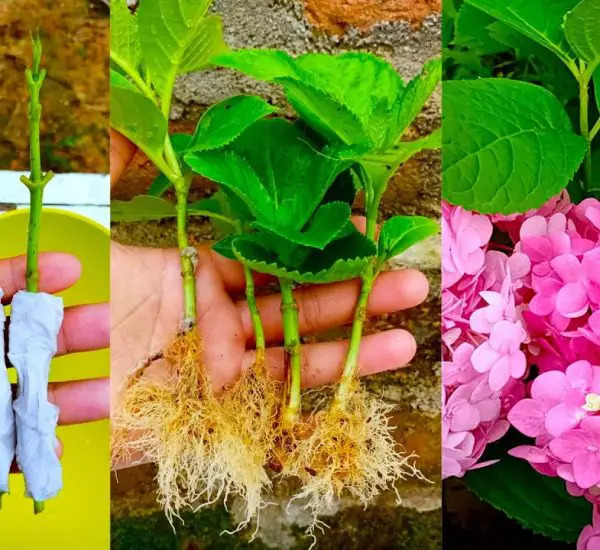As the gardening season winds down, the transition to winter demands thoughtful attention to your vegetable garden. In the rush of harvesting and canning, the garden often takes a back seat. However, proper preparation now ensures a bountiful harvest and a thriving garden come spring. In this comprehensive guide, we share seven essential tips to ready your vegetable garden for the winter months, ensuring a smooth transition and a head start for the upcoming growing season.
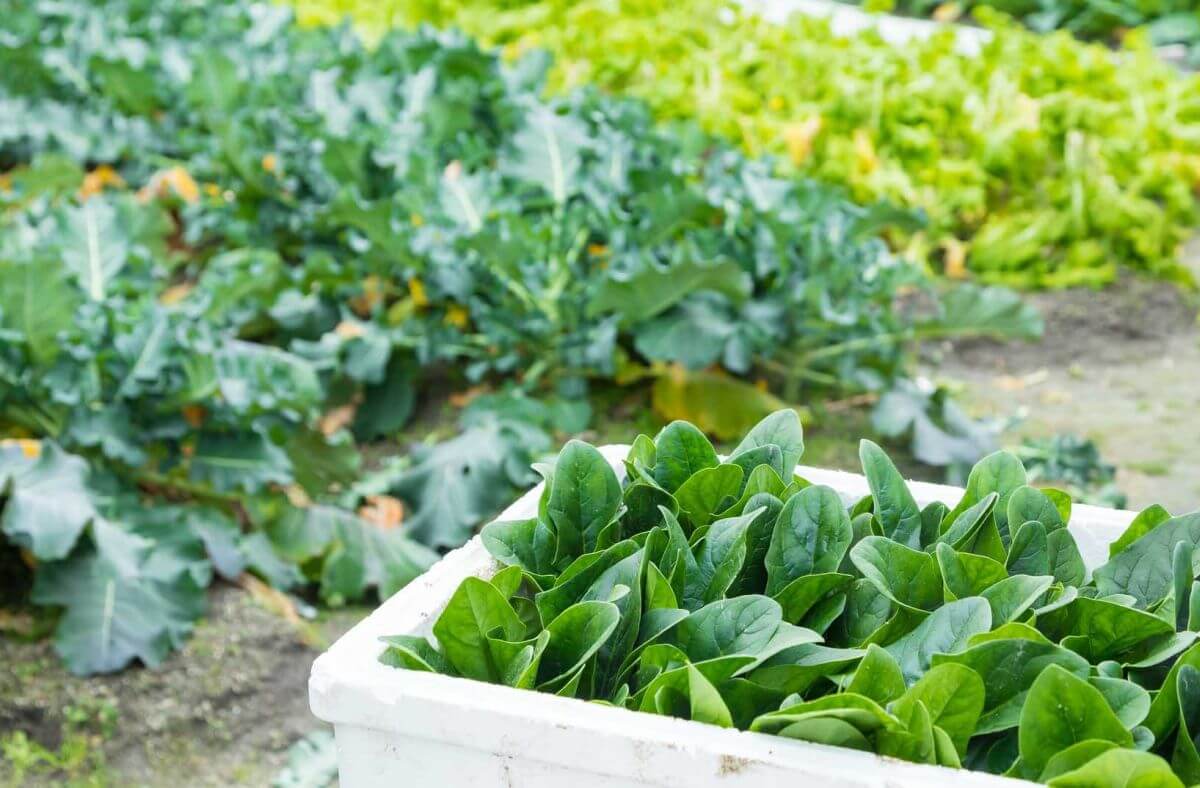
1. Clean the Vegetable Garden Beds:
The aftermath of the growing season can leave your garden beds looking cluttered. Tackle this task systematically, working through one bed or area at a time. By cleaning up gradually, you set the stage for a hassle-free start to next spring’s planting.
2. Remove All Dead Vegetation:
Clear the garden of dead plants, rotting fruits, and vegetables. This not only enhances the garden’s appearance but also helps prevent diseases and pests that may overwinter on decaying foliage. Healthy plants can find a new life in your compost pile, ensuring a sustainable approach to garden cleanup.
3. Add a Layer of Finished Compost and Mulch:
Prepare your garden for winter by spreading a layer of finished compost and a 3 to 6 cm layer of mulch. This helps suppress weeds, protects the soil, and provides an environment where many diseases and pests succumb during winter freezes. Strike the right balance, avoiding overly thick mulching that could hinder complete soil freezing.
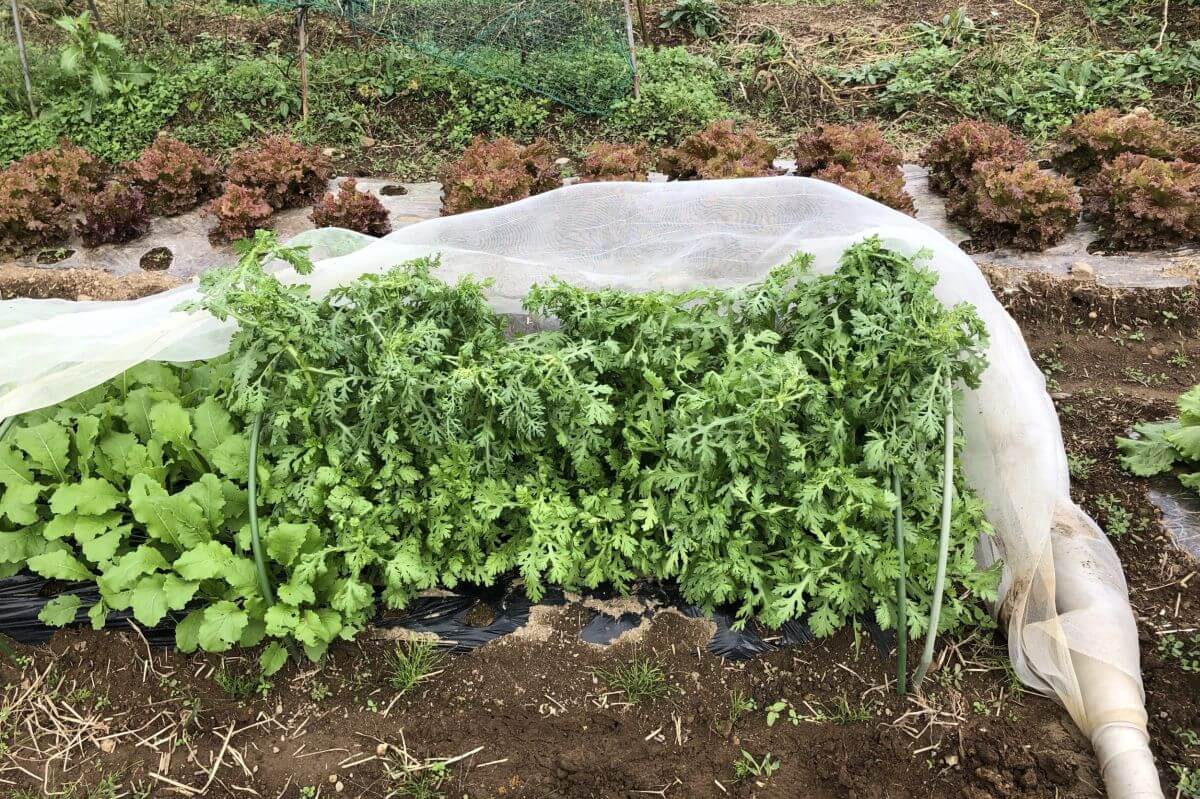
4. Have Your Soil Analyzed:
Now is an opportune time to conduct a soil test. Understand your soil’s pH, nutrient levels, organic matter content, and lead content. This analysis guides you in making informed decisions about soil amendments, ensuring your garden soil is nutrient-rich and pH-balanced.
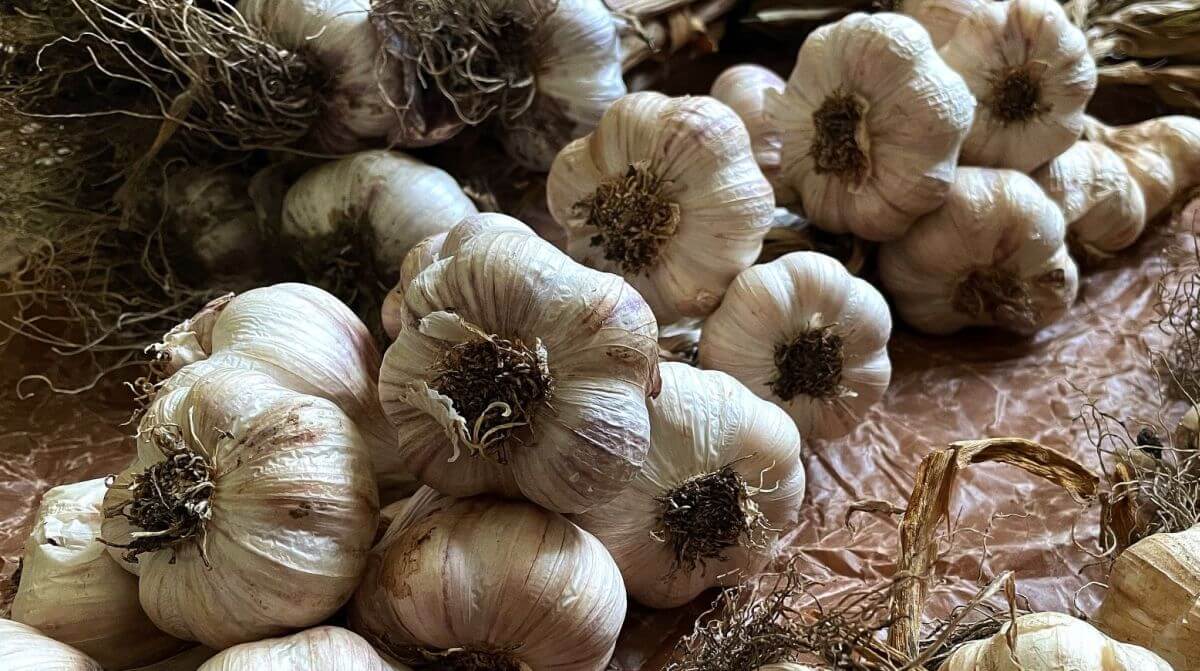
5. Plant Garlic:
Select a bed where alliums were absent in the current year and plant next year’s garlic. Enrich the soil with compost and a touch of organic fertilizer. Plant bulbs 20 cm apart and 15 cm deep, adding mulch at planting time and a heavier layer once the ground is frozen. This sets the stage for a robust garlic harvest.
6. Expand Your Vegetable Garden:
Fall presents an excellent opportunity to expand your vegetable garden. Consider constructing raised beds using organic potting soil and compost. By investing in fresh soil and a layer of mulch, you’re poised for a successful planting season when spring arrives.
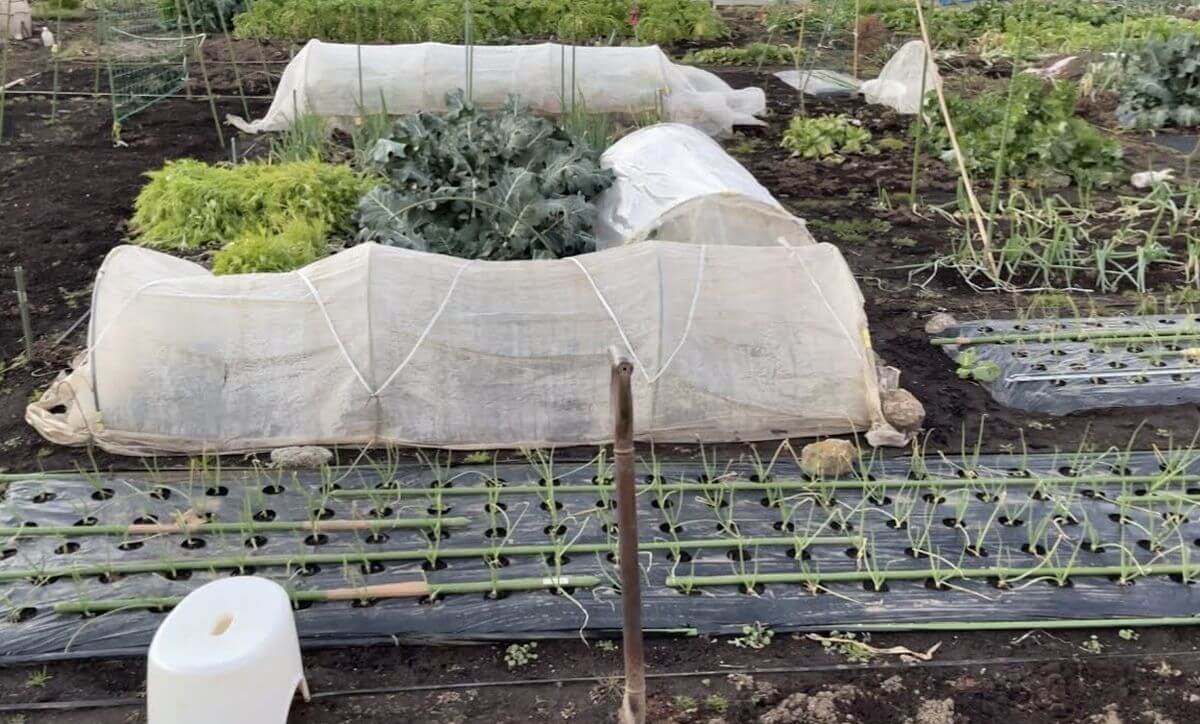
7. Gather Leaves and Use Them:
Autumn leaves are a valuable resource for gardeners. Instead of discarding them, collect and repurpose them as mulch, compost, or leaf mold. Shredded leaves on the soil surface suppress weeds, retain moisture, and enrich the soil. Embrace the benefits of these fallen treasures to nourish your garden.
Conclusion:
As you tidy up your vegetable garden, reflect on the season’s achievements and challenges. Take note of successful plant varieties, encountered pests, and any areas that need improvement. These reflections serve as valuable insights for planning next year’s garden. With a well-prepared garden, you can embrace the tranquility of fall, enjoying the crisp air and envisioning the lushness that awaits in the upcoming growing season. Winter may cover your garden in snow, but your preparations will ensure it blossoms anew in spring.

